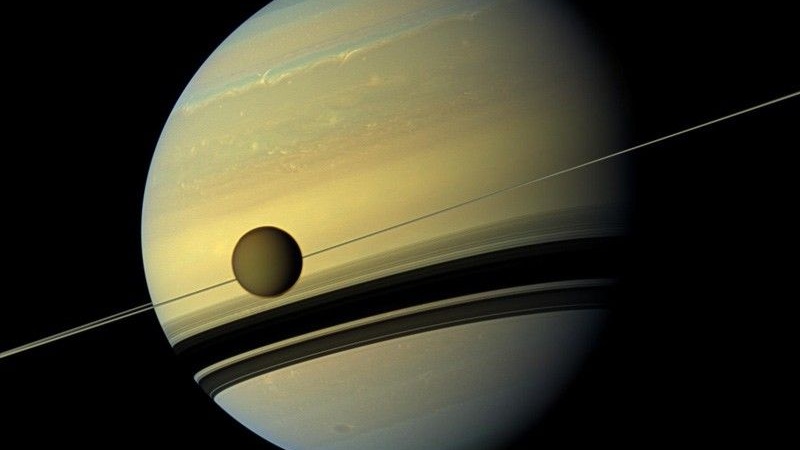China launches military satellite that will take aim at space junk
The launch was a 'complete success', although we don't know much about its mission yet.
Breaking space news, the latest updates on rocket launches, skywatching events and more!
You are now subscribed
Your newsletter sign-up was successful
Want to add more newsletters?

Delivered daily
Daily Newsletter
Breaking space news, the latest updates on rocket launches, skywatching events and more!

Once a month
Watch This Space
Sign up to our monthly entertainment newsletter to keep up with all our coverage of the latest sci-fi and space movies, tv shows, games and books.

Once a week
Night Sky This Week
Discover this week's must-see night sky events, moon phases, and stunning astrophotos. Sign up for our skywatching newsletter and explore the universe with us!

Twice a month
Strange New Words
Space.com's Sci-Fi Reader's Club. Read a sci-fi short story every month and join a virtual community of fellow science fiction fans!
China successfully launched a military satellite to test "space debris mitigation technology," according to state media reports.
The satellite, riding on board a Long March 3B rocket, lifted off from the Xichang Satellite Launch Center in southwest China at 9:27 p.m. EDT Saturday, Oct. 23 (0127 GMT or 9:27 a.m. local time Sunday, Oct. 24.)
Footage from China Central Television shows the rocket, backdropped by hills, lifting off amid cloudy conditions at the launch site. The satellite on board is called Shijian-21 and will be "used for the verification of space debris mitigation technology", China state media provider CCTV said in a brief English-language report.
The China Aerospace Science and Technology Corporation, which is the main contractor for the Chinese space program, added that the launch was a "complete success" as the satellite had achieved its intended orbit, although the report didn't reveal which orbit that was exactly. (A SpaceNews report suggests the satellite was moved to a geosynchronous transfer orbit.)
Related: The worst space debris events of all time
The various Chinese-language news reports, machine-translated into English, provided few details about the classified military mission. So far there have been no details about Shijian-21's mission or capabilities.
The mission is taking place amid a global movement to reduce space debris or to create active technologies to address it, including new efforts by companies ranging from Northrop Grumman and Apple co-founder Steve Wozniak's stealth startup, Privateer.
Breaking space news, the latest updates on rocket launches, skywatching events and more!
With regard to Chinese interests in this field, reports emerged in August that a Chinese satellite was walloped by a piece of old Russian rocketry in March. The G-7 nations (which do not include China) pledged to address space debris during a meeting in June.
But China has been undergoing space scrutiny lately; senior NASA officials have been outspoken about China's space activities in recent months, and the country deliberately allowed a huge rocket to fall uncontrolled to Earth in May.
SpaceNews noted the military focus of the mission would likely attract more international attention. "[Since] space debris mitigation technologies are 'dual-use,' having both civilian and military applications, the satellite is likely to attract interest and scrutiny outside China," the report said.
Follow Elizabeth Howell on Twitter @howellspace. Follow us on Twitter @Spacedotcom and on Facebook.

Elizabeth Howell (she/her), Ph.D., was a staff writer in the spaceflight channel between 2022 and 2024 specializing in Canadian space news. She was contributing writer for Space.com for 10 years from 2012 to 2024. Elizabeth's reporting includes multiple exclusives with the White House, leading world coverage about a lost-and-found space tomato on the International Space Station, witnessing five human spaceflight launches on two continents, flying parabolic, working inside a spacesuit, and participating in a simulated Mars mission. Her latest book, "Why Am I Taller?" (ECW Press, 2022) is co-written with astronaut Dave Williams.

